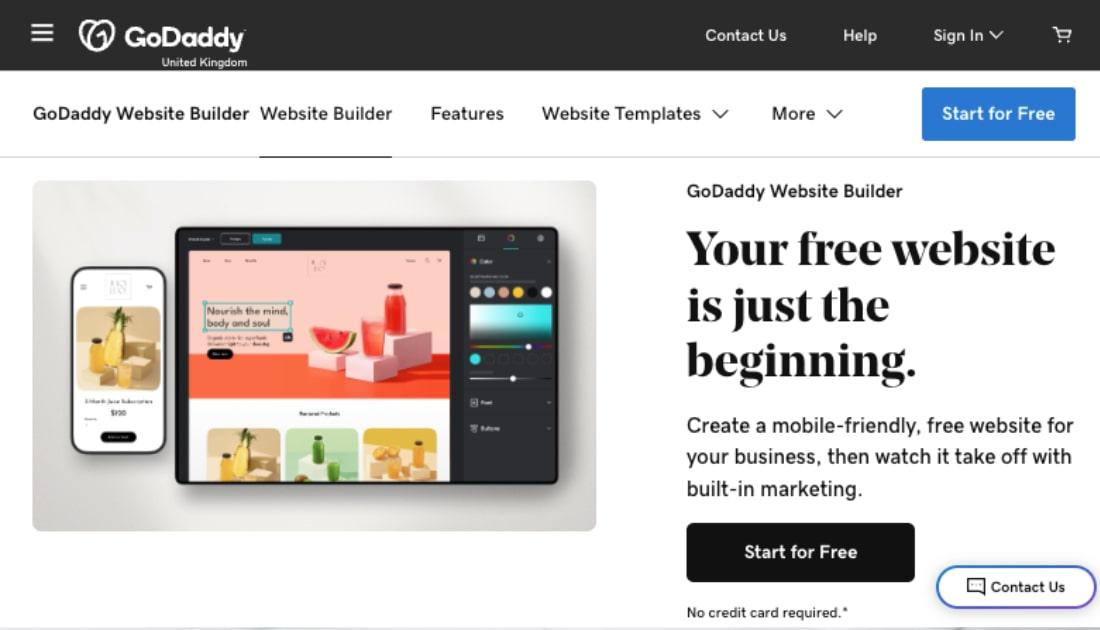In the summertime, when the weather is… well, this is England, so it could go either way. Either way, summer is a time for festivals, galas, open days and open air events. Which means it’s a time for businesses to get their wares in front of a whole new audience, in a whole new environment.
Particularly with British festivals, there is a real bias towards artisanal businesses. Whereas, in other parts of the world, festivals might be corporate platforms, there is still a corner of a field that will be forever small-scale.
A lot of this comes from Glastonbury’s seemingly unassailable position as the pre-eminent British festival, and its commitment to operating ethically and eccentrically.
Festivals are, clearly, big money for ‘street food’ retailers, but also for purveyors of crafts, clothing, hair and beauty, therapies, and more.
Research conducted by the Association of Independent Music Festivals in 2014 demonstrated that festival-goers spent an average of £466 each (including tickets price).
So, how can your business tap into the summer festival economy?
Know your market
Set your sights realistically and appropriately. Buying a pitch at one of the big festivals can cost you thousands, so take a good, long look at your business plan and be honest - can you afford it?
Also - do you really want to jump in to one of the big festivals with both feet? What about first dipping your toes into one of the many, many boutique festivals that dot the country?
Think about what type of live events your customers will go to and - if you’re not sure - ask them! There are live events for all kinds of niches, not just music events, but also for petrol-heads, surfers, gardeners, readers, lovers of all things vintage, you name it - there will be an event for your particular tribe!
Talk to the organizers of the festivals or events you think will work for you - ask them about their demographics, attendance numbers, etc. If they’ve nothing to hide, they should be happy to share that info. If they won’t, see if you can track down other traders and ask them.
You will also need to look carefully at the terms and conditions of the contract (make sure you have a written contract). Some events charge an upfront fee; others take a percentage of the profits. Look at the options and decide what’s best for your business.

Sponsorship
You might decide you want your involvement in an event to be greater, in which case you could consider sponsorship.
Clearly, you only want your good name to be associated with a brand which has a similar good name and similar business ethos. So, look for an event which works well with your brand. It might be wise to start with a local event - and certainly a well-established one. Look at who else has sponsored the event in the past, and accept that your name will be linked with theirs by association.
So if, for example, you’re selling vegan food, you might want to think twice before having your logo on the same banner as a burger joint. There’s nothing wrong with either business, but your customers might not appreciate the association. Anything that is a barrier to sales is best avoided!
As always - get details from the organisers. Your involvement could range from simply sponsoring the event (paying a sum to get your logo on their banners, advertising, website, etc), to having a partnership which includes you (or your representatives) giving away information, marketing materials or free samples, to actually selling products at the event - for which you’d want a premium pitch in return for your investment!
Freebies
Nothing draws the casual festival-goer to a sales booth like getting something for nothing. If you’re giving away free samples of food, that’s one thing, but giving away free merchandise can be quite another.
Think about the hundreds of times you’ve been given a free pen or keyfob … Did it ever make you go back to that retailer? Probably not, because you have dozens of other not-very-good pens with logos stamped on them, filling up your pockets and desk drawers, with logos stamped on the side.
But what about reusable bags or cup holders? Branded-up water bottles or reusable coffee-cups can have a long life. You just need to think outside the box (of biros).
Any giveaway needs to be relevant and beneficial to your business, unique enough to make an impression, and cheap to manufacture. If people are happy to wear it or use it, they go from being potential customers to brand advocates and influencers.
Possibly make the getting of the freebie into a fun event. Gamify it, if you can - it gives the ‘winner’ a sense of satisfaction and increases the perceived value of the freebie.
You can also use giveaways as a platform for harvesting email addresses and building up your database.
Do you take cards?
Yes, you do. It has never been easier, nor more affordable, to process card payments with a mobile point-of-sale system.
You can configure your smartphone or tablet into a credit card processing tool, or invest in a mobile card reader. Obviously, you need to pick and choose the platform you use - to ensure yours is reputable and secure - but once you’ve done this, you’ll find that the levy the operators charge is modest, compared to the extra business you can now do whilst standing in the middle of a field.
Funds usually arrive in your business bank account in two to three working days. That’s great for cashflow, much safer than having thousands of pounds of cash in your booth, and encourages customers to spend a little more.
Branding
No-matter how well established your business is in your town or online - when you’re in the middle of a field, you’re just another retailer standing before a festival goer, asking them to buy your stuff. You will need to make sure that your booth is both eye-catching, and that your signage is self-explanatory.
Hopefully, you’ll have taken opportunities like this into consideration when you were developing your branding - if not, now would be a good time!
As with any new endeavour - it’s worth doing your research. Go to a few festivals and take note of what other retailers are doing that is particularly striking and effective. Never be too proud to adapt a good idea. If nothing else, you can probably write off the cost against your company, because you’re genuinely doing market research, in between singing along with the headliners.
The great thing about getting your booth branding right, is you’ll only need to do it once, a well-designed and well-constructed booth should see you through several events.
After the event
So, how did you do? You’ll need to keep careful track of the costs - including setup, supplies, staffing, travel, accommodation, renting your pitch and a calculation of possible lost earnings since you’ve been away from your office or workshop.
Balance this against the sales you made, how many leads you got, and how successful your marketing was.
It’s not unusual for an established and successful food concession at a big festival to pay £10,000 for a pitch. Yet, they clearly feel that this is money well-spent, since they return again and again to the festivals. Typically, a festival’s organisers will not demand this kind of money from a non-food-or-drink retailer, nor from a first-timer. But, the point is, if you work out the right strategy, prepare carefully, and keep a tight rein on costs, there’s clearly money to be made… in the summertime.







